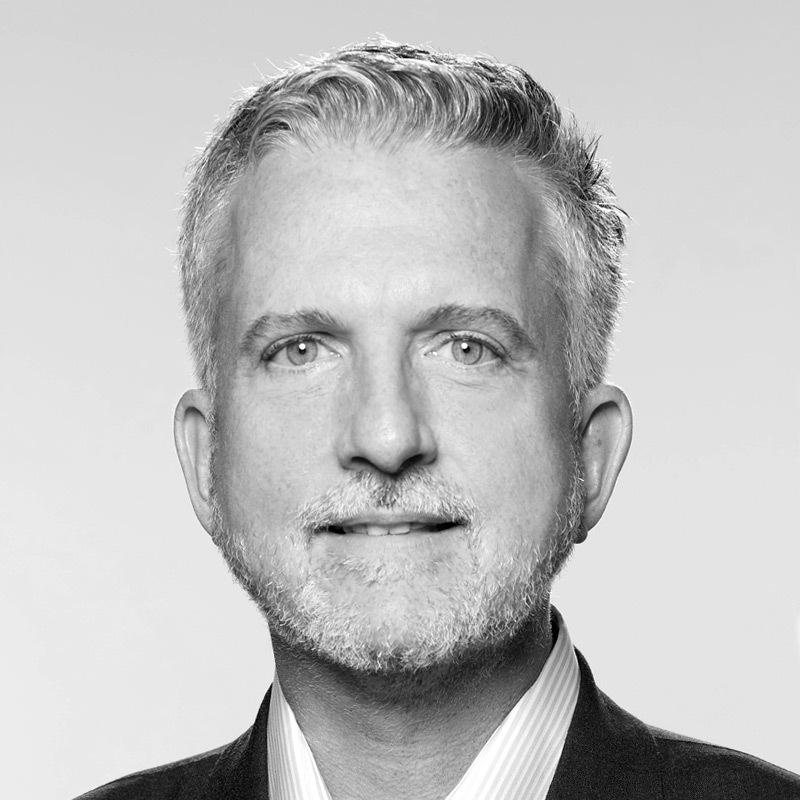One of the most lopsided trades in NBA history will finally come to an end this year when the Brooklyn Nets send the Boston Celtics the last first-round pick from a deal made in 2013. It sent Kevin Garnett, Paul Pierce, Jason Terry, and D.J. White to Brooklyn in exchange for five players of various skill levels, three first-round picks, and a pick swap in 2017. This week, Celtics co-owner Wyc Grousbeck joined The Bill Simmons Podcast to explain how he and Boston president of basketball operations Danny Ainge orchestrated that trade.
Listen to the full podcast here. This transcript has been edited and condensed.
Bill Simmons: What was the biggest … difference of opinion on a major move that you [and Ainge had]?
Wyc Grousbeck: I’m going to answer the question I want you to ask, which is about the Brooklyn trade and the way that went. Because it wasn’t a disagreement, but it was an evolution. As I recall — and Danny may remember slightly differently — but as I recall, he came to me with that deal on draft day [in 2013] and said, “We’re going to get two first-round picks from Brooklyn for [Garnett, Pierce, Terry, and White], and take on some contracts.” And I said, “OK, are [the picks] unprotected?” And he said, “Yes, in fact, they are.” I said, “Great. Let’s go get a third pick.” And he goes, “Whoa, whoa, whoa,” but, “All right, I’ll ask.” And he’s not afraid to ask, he wasn’t pushing back. But he went and asked, and he said, “Unbelievable. We got a third pick. This is great.” And I said, “Great. Go get a fourth pick. I think these guys have deal fever — we’re going to keep going until they say no. I think they’ve been told by ownership to get the deal done, so let’s go back.” And Danny sort of gave me a look, like I don’t want to lose the deal by pushing too hard. Normally we try to play down the middle of the road with people, [but] I said, “Go push aggressively for a fourth pick.”
And so he went back, he came back to me and he said, “OK, you’ve got your wish. They’ve said no now … they’re not going to give us a fourth pick.” I said fine, make that fourth pick into a swap. Because swapping a pick doesn’t feel like you’re losing a pick. You still have a pick, and it’s pretty unlikely that we would be able to swap — that would mean we were better than they are. And we think they’re going to be pretty good with this trade. So just get the swap and call it a day. So we got that swap, and that swap turned into Jayson Tatum and another first-round pick — it turned into the number-one pick in [last] year’s draft [which was later traded to Philadelphia]. That’s how the Brooklyn trade evolved as I recall it, which was working together with Danny to get the best possible deal out of Brooklyn.
Simmons: I was doing the draft that year for ESPN, and we had no information other than that we were trading all these guys and getting these picks back. No idea if they were unprotected, didn’t know about the pick swap. And I went on TV and I was upset when the trade happened, because it seemed like we were getting these — I assumed — protected picks from the Nets, a team that was going to be a Finals contender, it seemed like. And then [when] the totality of the trade [came out] the next day, it was like, “Oh my god. Whoa, we got a pick swap too?”
Grousbeck: But to be fair, I don’t think any of us felt that Brooklyn wasn’t going to be a really good team for a reasonably long amount of time. So it didn’t look like it was an unfair trade in any way — it looked like they were ready to go with those guys, sort of like [when] we took Kevin [Garnett] and Ray [Allen] at certain times in their careers, and we wanted to make a run, and that was Brooklyn’s role. So I don’t want to disparage Brooklyn in any way. They made a move trying to go for it, and we made a move trying to rebuild.
Simmons: You caught a big break, though, in that trade about a year later, because they actually changed their mind-set of what they wanted to do with their team, and [Nets owner Mikhail] Prokhorov didn’t want to spend the tax anymore, and he just didn’t want to spend as much money on a contender. That all of a sudden swung the equation, because that first year after the trade they were a contender. People thought that was a team that might make the Finals. But then they switched directions … and that was the best thing that could have happened.
